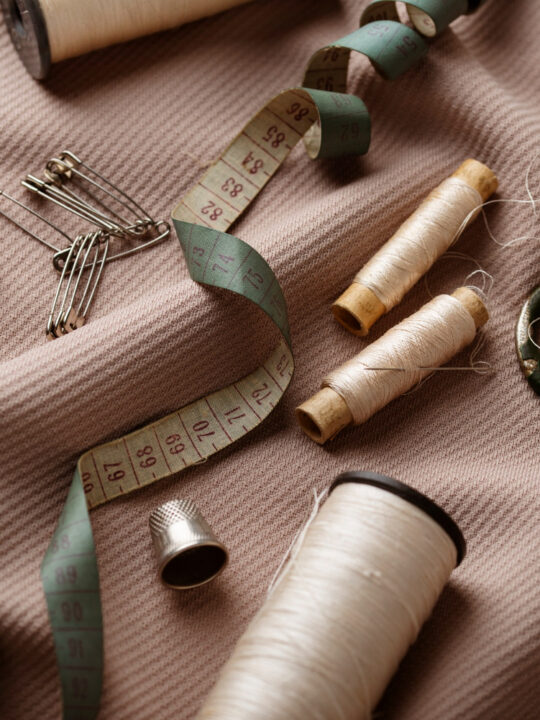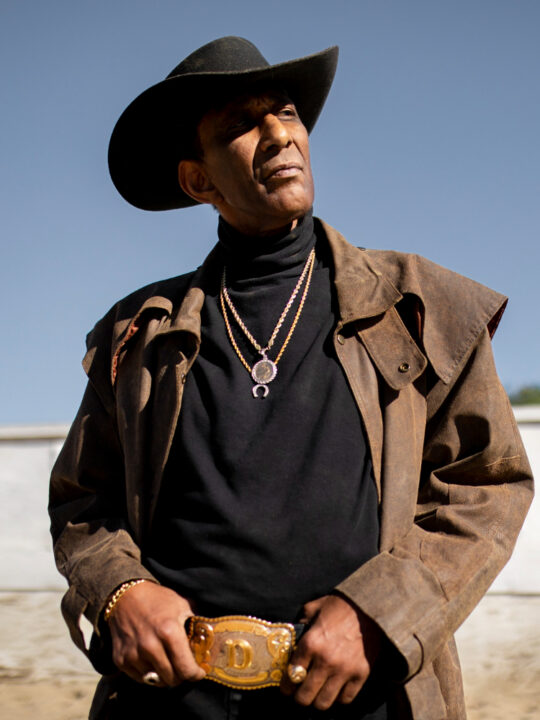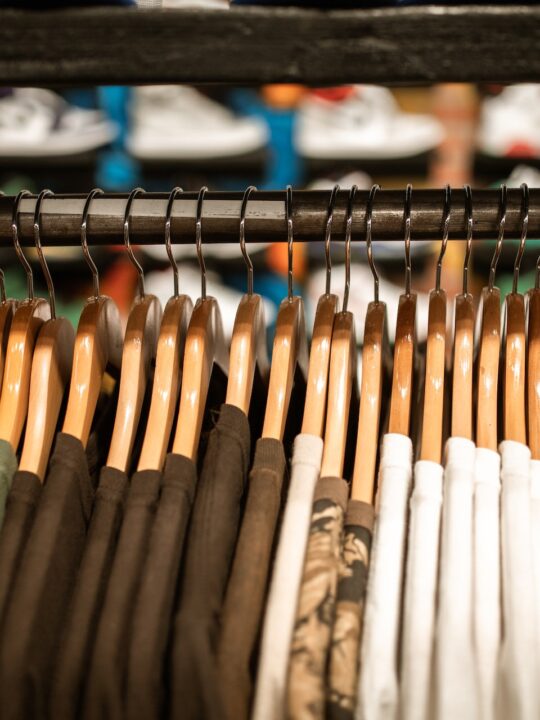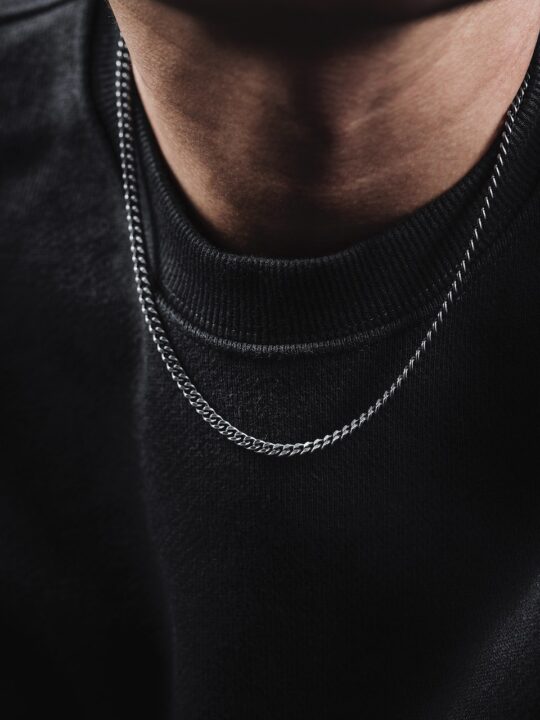 As you approach your 50’s, your hair may show the signs of aging in the form of dry, brittle, and dull strands. Aging, over-styling, color treatments, or poor nutrition can damage your follicle, leading to brittleness and texture change. Ultimately, dry hair will occur when your hair isn’t receiving or retaining adequate moisture. The good news is dry hair can be nourished with the proper treatment. Continue reading for the best tips to replenish and restore your brittle mane.
As you approach your 50’s, your hair may show the signs of aging in the form of dry, brittle, and dull strands. Aging, over-styling, color treatments, or poor nutrition can damage your follicle, leading to brittleness and texture change. Ultimately, dry hair will occur when your hair isn’t receiving or retaining adequate moisture. The good news is dry hair can be nourished with the proper treatment. Continue reading for the best tips to replenish and restore your brittle mane.
Understanding Age-Related Dry Hair
Your sebaceous glands secrete an oily lubricant called sebum, which gives your hair its natural shine. Sebum lubricates the scalp and forms a protective barrier on it in order to moisturize and protect the hair shafts. Too much sebum can make your hair and scalp greasy; too little, and things become dry and brittle. As you age, your sebum production slows down, which makes your hair and scalp become dryer.
Menopause can lead to hormone imbalances and increased levels of androgens, including dihydrotestosterone (DHT). DHT can narrow your hair follicles and shorten your hair’s growth cycle, leading to hair that grows out brittle and fine.
Other causes of dry hair include:
- Excessive heat styling
- Nutritional imbalance
- Chemical heavy hair products
- Environmental conditions
Tips to Restore Dry and Brittle Hair
1. Use Sulfate-Free Formulas
Sulfates are a one-way ticket to dry hair! The salt found in sulfates will strip away the natural moisture in your hair. They act as detergents, washing away conditioner layers and free lipids present inside your cuticle, which leads to damaged hair. Sulfates can cause skin irritations, scalp dryness and dandruff, hair loss and quickly fade color treated hair. Instead, opt for a gentle sulfate-free shampoo, like the one from Better Not Younger. This product will provide nourishment to the hair follicles and the scalp to strengthen your hair. For a boost in hydration, look for natural ingredients like argan oil, avocado oil, bark extract, or shea butter.
2. Apply Heat Sparingly
To prevent dryness, don’t overuse your hot tools. Heat from blow-dryers, straighteners, and curling wands can result in moisture loss and compromise your ends. The heat opens up the cuticle in your hair shaft, which is responsible for locking in moisture. If you use hot tools, always use an alcohol-free heat protectant. Also, the temperature of your hot tool will vary based on your hair type and texture; however, the safest range is 200-350 degrees. The temperature you chose should allow you to smooth or curl your hair once. Running over a section multiple times on a lower temperature setting will increase dryness.
3. Avoid Excessive Sun Exposure
Excessive sun exposure will contribute to hair damage. UVA and UVB rays can damage the outside strand of the hair (cuticle). Sun damage can cause discoloration, dry strands, thinning and frizziness. It is necessary to keep your strands hydrated to grow long and healthy hair, so protect yourself against sun damage with a hat or umbrella.
4. Eat a Balanced Diet
The food you consume plays an important part in your hair health. As you age, your body absorbs less of the nutrients you consume. A lack of micronutrients in your diet can lead to dull, weak hair. Many vitamins like vitamin A, B, C, D, and E, iron, and zinc provide your hair follicles the power to fortify stronger hair. The most effective vitamins to treat dry hair include:
- Vitamin A is associated with improved blood circulation, initiating hair growth, and regeneration. Vitamin A also benefits scalp dryness by regulating the oil production in your sebaceous glands, ensuring your scalp has a proper amount of sebum. Strong sources of vitamin A include carrots, fish, squash, cantaloupe, and bell peppers.
- Vitamin B manufactures red blood cells that deliver oxygen and nutrients to your scalp and hair follicles. These vitamins also control the secretion of excess oil from the scalp and the skin. A well-known vitamin B7, biotin, improves hair texture, increases breakage resistance, and hydrates the scalp. Consume eggs, leafy greens, dairy products, seeds, and seafood for vitamin B.
- Vitamin E reduces the oxidative stress on your scalp by balancing your skin’s antioxidants. Vitamin E also increases blood circulation and spreads crucial follicle nutrients to your scalp. Vitamin E is found in plant-based oils, nuts, and seeds.
5. Hydrate your Strands through the Scalp
Healthy hair starts with the scalp! A scalp serum is a beneficial way to repair damage, increase growth and moisture, and protect against environmental damage. A scalp serum contains concentrated active ingredients that target specific concerns like dryness, thinning, sensitivity, and pollution. If your scalp is prone to dryness, a serum will gently remove excess buildup, while providing more hydration. Find a serum that includes soothing ingredients like tea tree oil or coconut oil.
To go a step further, you can introduce a deep scalp cleanser into your routine. This will exfoliate, clean and stimulate your scalp skin. It is important to rid your scalp of any buildup and draw out impurities that will cause dryness and itchiness.







